
Tolkien Against the Grain
The Lord of the Rings is a book obsessed with ruins, bloodlines, and the divine right of aristocrats. Why are so many on the left able to love it?


The Lord of the Rings is a book obsessed with ruins, bloodlines, and the divine right of aristocrats. Why are so many on the left able to love it?
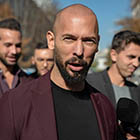
Some have suggested that young men are drawn to Andrew Tate because they suffer from a dearth of social contact. Yet men go to Tate not to alleviate loneliness but to intensify it.
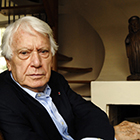
Jorge Semprún’s work captures a twentieth century of failed revolutions, lost utopias, and historical trauma of a scale that defies repression.
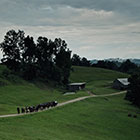
While the coal industry is in terminal decline, it still shapes the culture of central Appalachia.

Arthur Miller’s landmark play The Crucible illuminates the difference between informing and truth-telling.
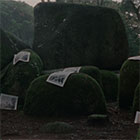
In Suneil Sanzgiri’s new film, the landscape remains as a last witness to the violence of colonial power.

Marvel Studios has managed to recruit fans into rooting not just for its superheroes, but for the company’s business plan.
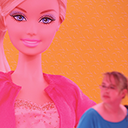
There has long been a gap between stereotypical ideas of women’s empowerment and gendered reality. Barbie explores these contradictions in miniature.
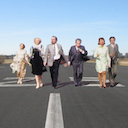
Luis Buñuel’s most famous film is a furious, if restrained, critique of the wealthy and a scathing look inside their collective unconscious.

Rachel Maddow’s podcast tells the story of American Nazis in the 1940s. But the era’s real and lasting authoritarian danger came from the spectacular growth of a national security state.

In Plain Style, Christopher Lasch showed that we can render even the most iconoclastic demands in common speech.
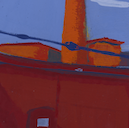
The Fall River Museum of Contemporary Art offers a place for working-class art without tokenizing or empty gestures of representation.

The so-called drag golden age is really a gilded age, where the runaway success of a few is made possible at the expense of the many.

In an increasingly expensive and antisocial world, tradwives forsake life with others for the lonely, constrictive spaces of bourgeois ownership.

Independent filmmakers offer a vital portal into the struggle against the theocratic regime.